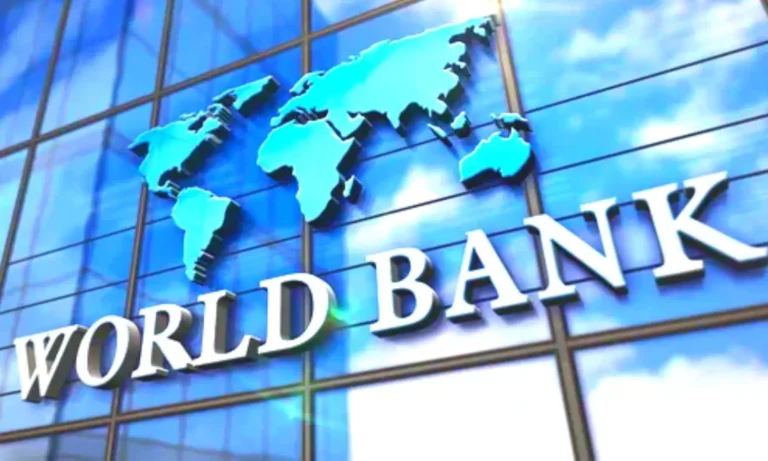The World Bank and the government of Eswatini have launched a new review highlighting ways to make fiscal policy in the kingdom more efficient and effective, a statement from the Bretton Wood institution on Thursday said.
The Eswatini Public Finance Review (PFR): Leveraging Fiscal Adjustment for Better Development Outcomes, is the first review for Eswatini since 1996.
The review aims to support the country in enhancing the efficiency and effectiveness of public spending and revenue mobilisation to drive sustainable and inclusive economic growth.
It provides a comprehensive analysis of Eswatini’s fiscal policy and its role in addressing constraints to economic growth and livelihoods.
The review acknowledges Eswatini’s strong post-pandemic recovery, which averaged 5.3% growth from 2021 to 2023, while underscoring the urgent need for reforms to achieve broad-based economic progress.
“The government has made significant progress since 2019 in reducing the fiscal deficit and implementing fiscal adjustment measures. Notwithstanding, stepped-up efforts are needed to implement some of the critical reforms highlighted in the Public Finance Review” says Eswatini’s Minister of Finance, Neal Rijkenberg.
The review highlights Eswatini’s need for prudent fiscal management and identifies key pathways for achieving its development objectives.
It emphasises the need to make fiscal policy an instrument for macroeconomic stability and external competitiveness. Enhanced revenue mobilisation through improved tax administration and streamlined procedures is crucial, along with strengthened public financial management for maximising value-for-money.
Improving public investment management while integrating climate considerations is essential to maximise the impact of public spending on economic growth and development, the World Bank statement said,
The review stresses the importance of directly tackling challenges in the health sector – a sector critical for human development and improving health outcomes.
It is the position of the World Bank that Eswatini can enhance economic efficiency and social equity in several areas by working to contain expansionary fiscal policy, eliminating expenditure arrears, and addressing the wage premium between the public and private sectors to promote macroeconomic stability and external competitiveness.
”Second, it can make improvements in tax administration such as creating a specialized unit for high-net-worth individuals, streamlining procedures, and maximising electronic tax filing to boost revenue by 1.6 to 3.3% of GDP” it added.
”Third, public financial management could be strengthened by enhancing budget preparation, improving budget execution and commitment controls, reforming state-owned enterprises, and streamlining public procurement, especially by implementing electronic procurement solutions. In the health sector, addressing inefficiencies could be achieved through better expenditure management, improved supply chains, and enhanced healthcare access and quality, particularly in primary care” the World Bank said.
“Eswatini’s future hinges on its ability to leverage fiscal policy strategically. By implementing the reforms outlined in the Public Finance Review, Eswatini could create a more competitive and resilient economy, fostering inclusive growth and improving the lives of all Emaswati. The World Bank is committed to providing technical assistance and financial support in guiding the country towards fiscal sustainability and inclusive growth,” said Satu Kahkonen, World Bank Country Director for Eswatini.
WN/as/APA


